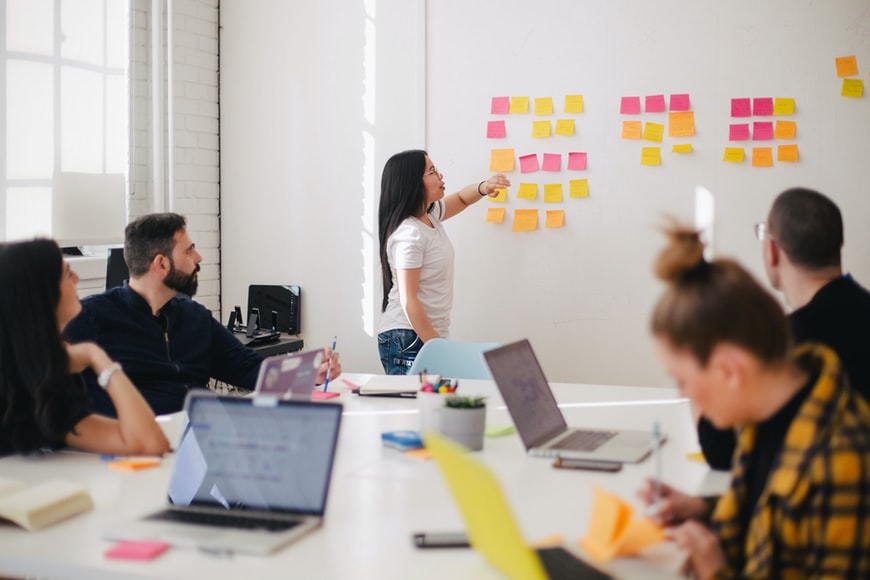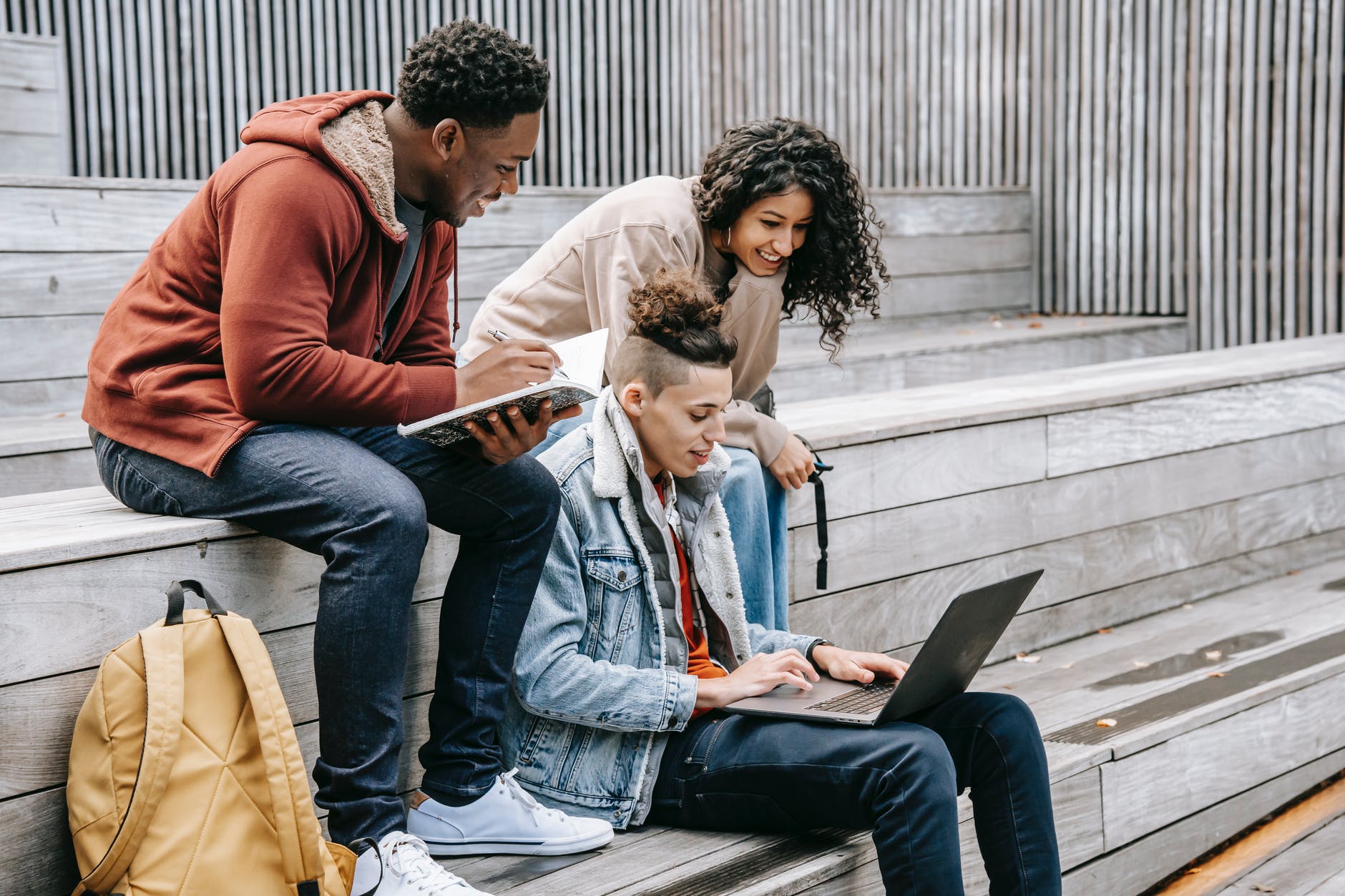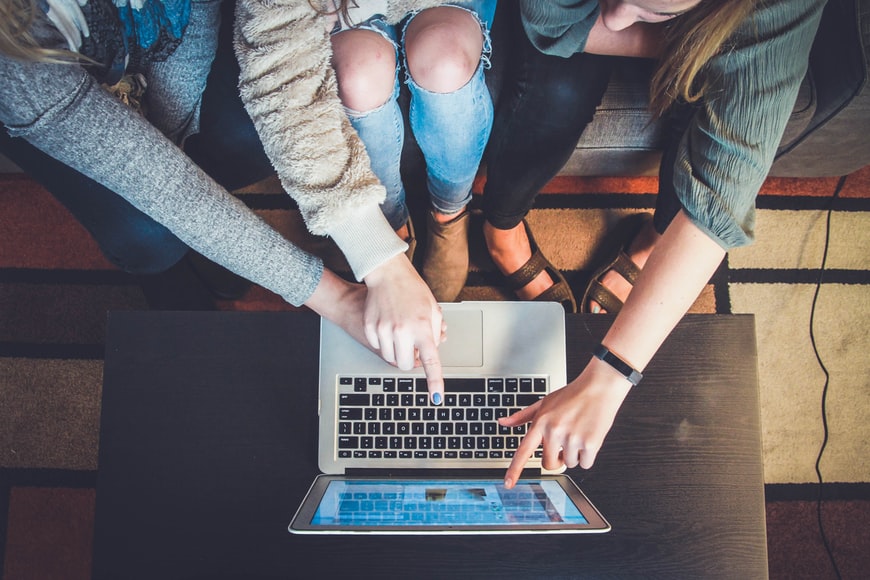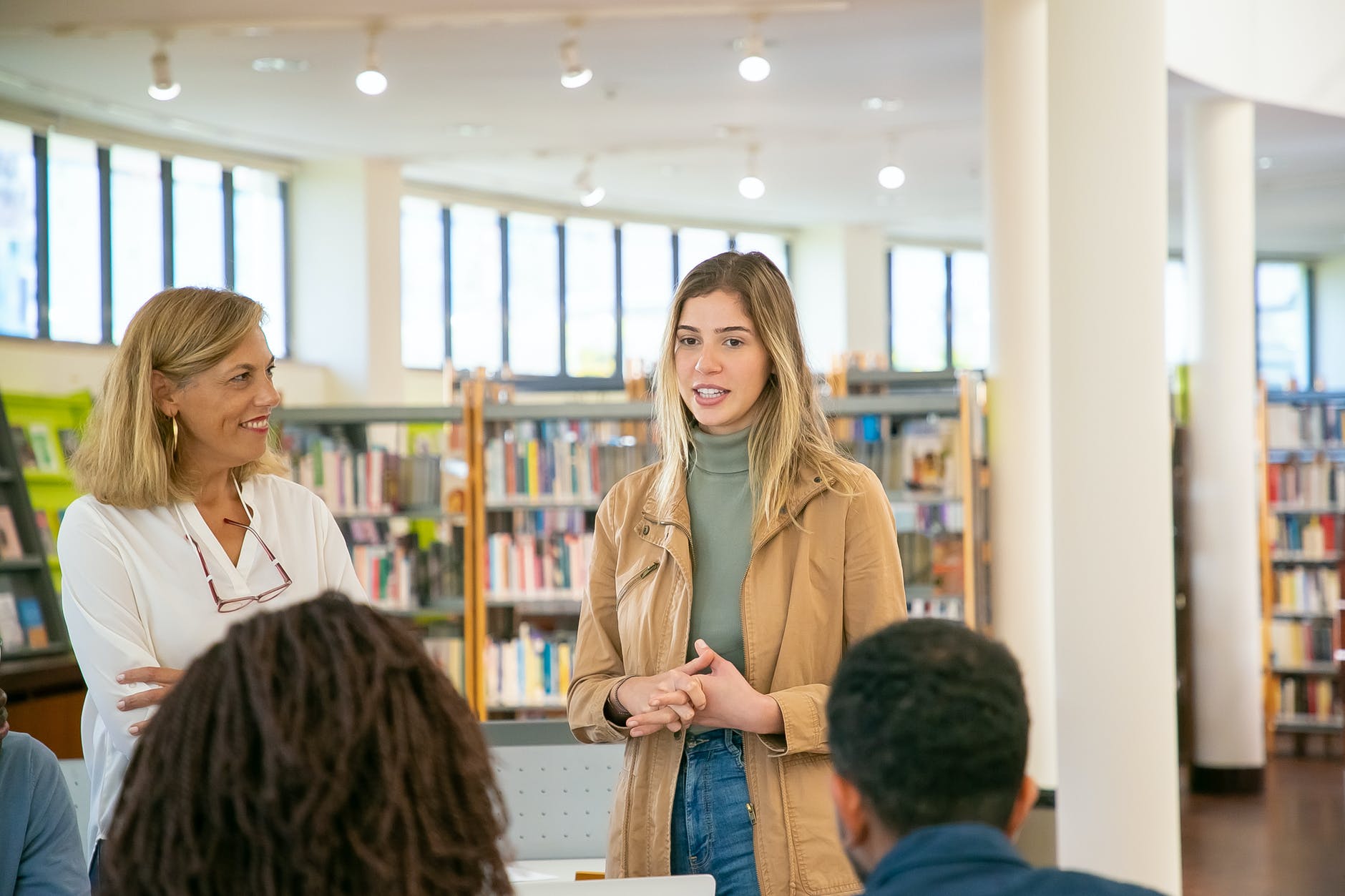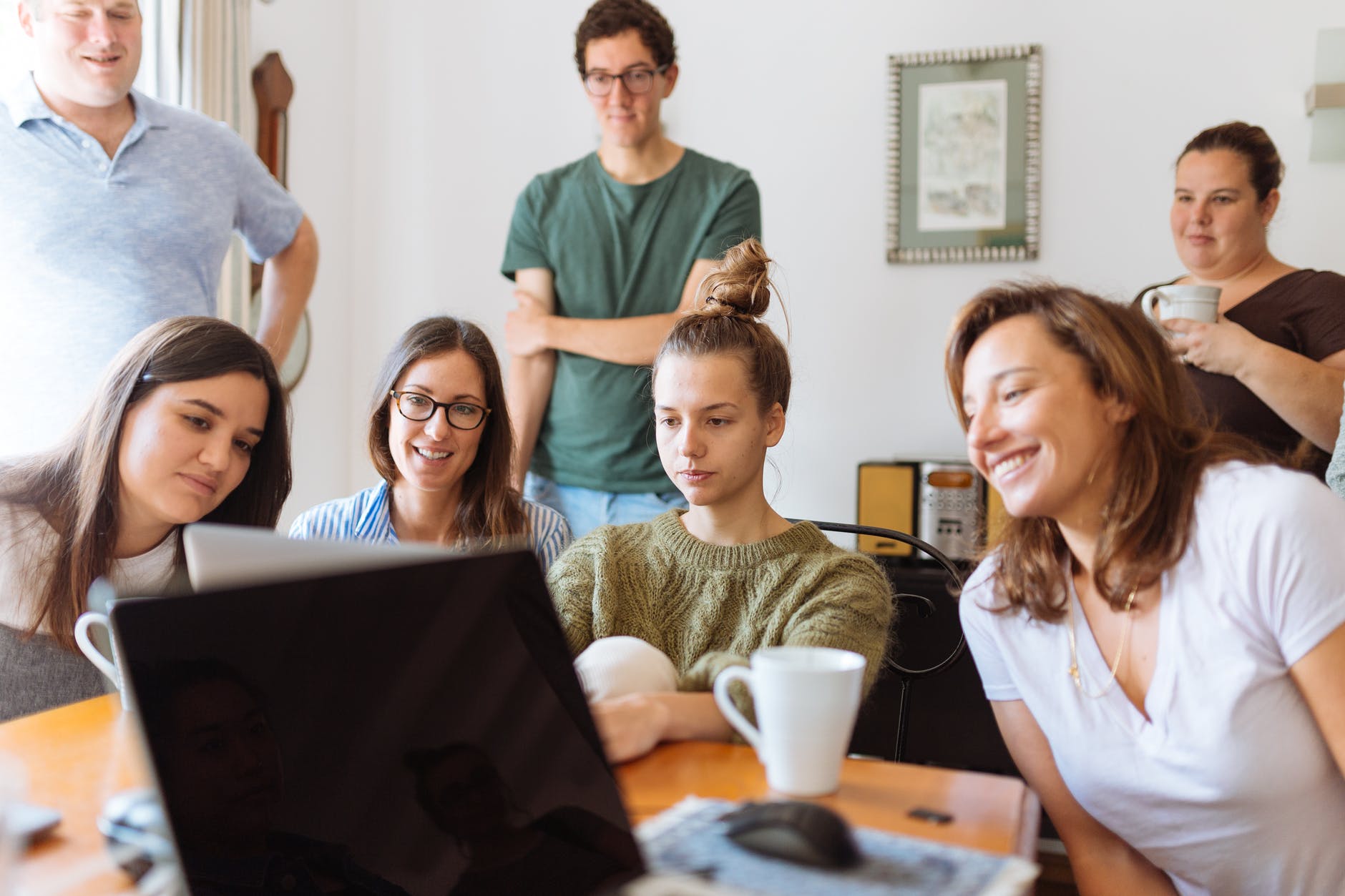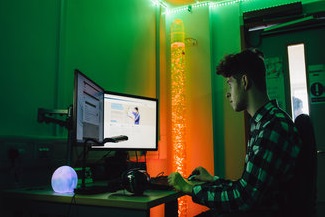2021/22 Internal Projects
Please find below a summary of the 12 internal projects which received WIHEA Project Funding in 2021/22. Case Studies on all projects will follow shortly, but in the meantime, for further information on a project, please do contact the Project Lead(s) directly.
Please also find information on 'Embedding Trauma-informed Pedagogies in an Inclusive Community'Link opens in a new window, a project which was also funded by WIHEA in 2021/22.
Assessments: capturing lived experience and shaping the future
Led by Leda Mirbahai (WMS), Isabel Fischer (WBS) and Pula Prakash (GSD)
Working with staff and students from across the university, this project aims to create a rich resource around application of diverse assessments as well as capturing student voice in determining the future of assessments. This project will have two phases: phase I and phase II.
Phase I: Capturing student and staff experience of diverse assessments and sharing resources
Phase II: Shaping the future of assessments
Active Bystanders in the Teaching Space
Co-led by Sam Parr (DoS) and Jane Bryan (Law/DoS)
Unacceptable behaviour in the classroom, such as racism, can be difficult to address, yet many students will look to their teacher to model the right approach. Left inadequately addressed, unacceptable behaviour makes the teaching space feel unsafe, negatively impacting the learning, social experience, sense of inclusion, and wellbeing of both staff and students. This project created a leadership resource to build confidence, knowledge and skills to enable those that teach to use Active Bystander principles to address unacceptable behaviour in the teaching space to create a safe, engaged, inclusive learning experience.
Co-creating Interactive e-Assessments
Led by Siri Chongchitnan (Mathematics)
This project aims to enhance student experience and learning outcomes by supplementing traditional pen-and-paper mathematics assessments with interactive e-assessments. This project will focus on creating formative and summative quizzes that are visually engaging and highly interactive, bringing maths equations and theorems to life through 3D visualisation.
Development of Software for Improving Student Feedback
Co-led by Sam Agbroko (Engineering) and Christos Mias (Engineering)
Feedback is essential to the development and growth of a student. Good feedback motivates students to engage in learning. However, the large class sizes (>300 students) in some courses make it challenging for staff to provide adequate feedback in time. This project will develop a software tool that enables staff to deliver high-quality feedback without increasing staff workload.
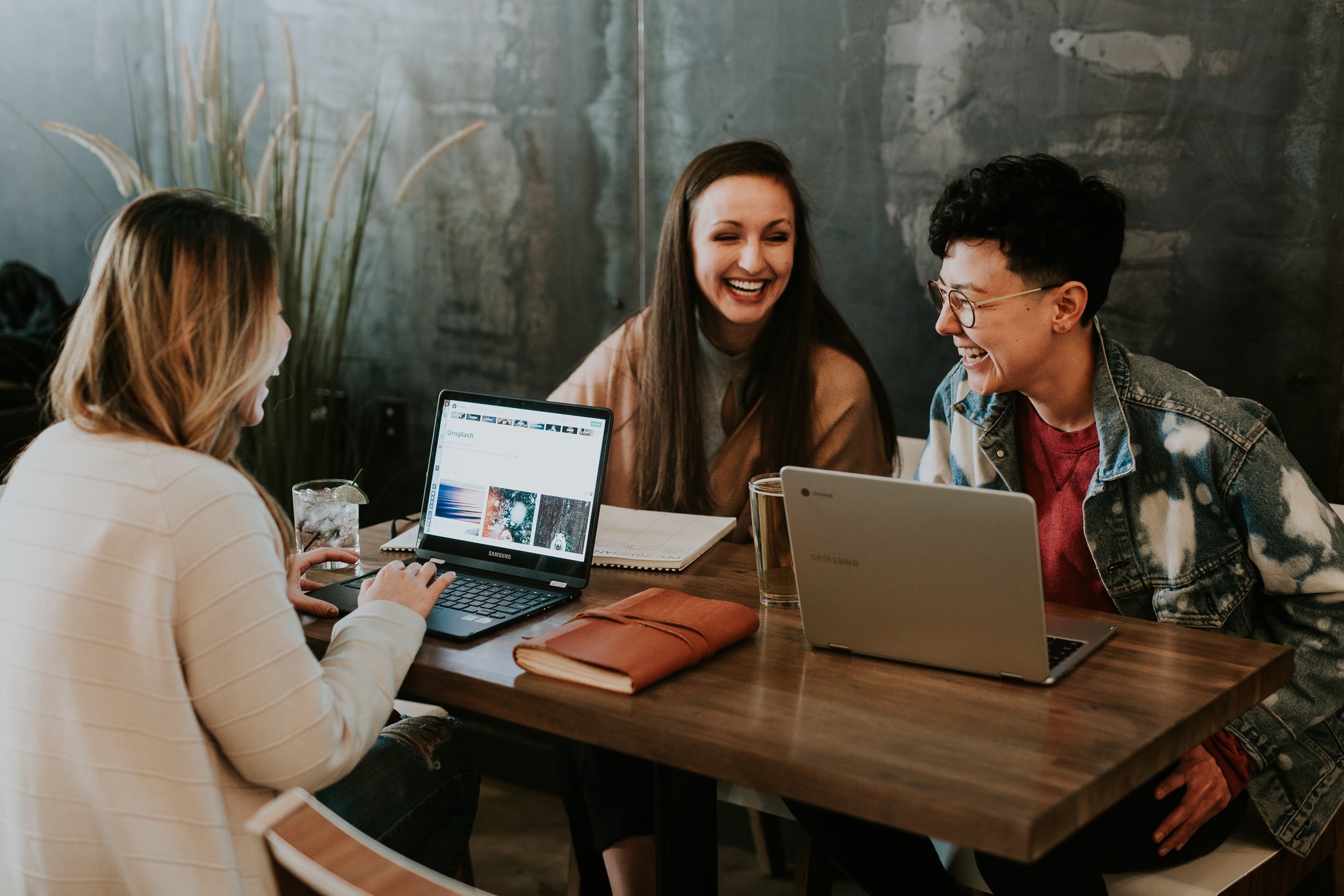
Digital Pedagogies Library – Phase 2
Co-led by Rebecca Stone (Faculty of Arts) and Jess Humphreys (ADC)
The Digital Pedagogy Library (DPL) both showcases the excellent work occurring across the Faculty of Arts and beyond in the field of digital pedagogy and inspires broader engagement with innovation within the digital sphere. This second phase of the project builds upon the initial funding received in 2020/21 and aims to develop the resource further. Central to this endeavour is increasing the number of case studies both from within the Faculty of Arts and now also from other faculties at the University of Warwick.
Empowering Authenthic Student Voices in a Disciplinary and Interdisciplinary Context
Co-led by Rebecca Freeman (Dean of Students) and Karen Simecek (Philosophy)
This project aims to develop ways of empowering student voice/s in relation to academic disciplines (and interdisciplinary research fields) studied at Warwick. At Warwick we pride ourselves on strong student voice through engagement, co-creation, and representation through SSLC’s and other structures. Academic voice, on the other hand, is often experienced as fixed without much critical reflection on how or why such modes of communicating are important to that discipline. This project brings together these two strands of work to explore students’ voices in relation to their discipline with a view to identifying pedagogies and approaches which enable students to have greater representation, ownership and personal engagement with their area of academic study.
Learning Study Skills: Game-Based Learning Pedagogy
Co-led by Ali Ahmad (WMG) and Ahmed El-Said (WMG)
Traditional induction activities engage many students but what about those we don’t reach? To improve engagement, our vision is to create an online gamified learning environment based on the ‘escape room’ pedagogies. Students would learn and apply a range of Warwick Core Skills while virtually experiencing the campus and our whole range of academic offerings. Starting from the Library (which is of relevance to all subject disciples), this pilot phase will deliver a story board for an online treasure hunt to engage students with the Library’s vast array of learning services. This pilot will be used to validate the merit behind this concept for overall scalability across all departments.
Operation Seminar
Co-led by Yinka Aresa (English) and John Kirkman (ADC)
The project intends on finding a definition for what exactly a seminar is. Through this definition, the project will investigate how to make seminars more inclusive, productive, and engaging. The project will focus on both staff and student experiences of seminars in both expectations and realities of seminars, before pulling together similarities and differences to reach an effective conclusion.
Creating a ‘Support the Supporter’ resource for Student Research
Co-led by Emma Barker (IATL) and Jane Bryan (Law/DoS)
Student research is a key strategic priority for Warwick with many opportunities for students to engage both within and outside the curriculum. Dedicated support for student research is often delivered centrally but student feedback suggests the key role of departments in building confidence in students to undertake research and alerting them to funding and dissemination opportunities.
This project aims to create a leadership resource to build confidence, knowledge and skills to enable academics to support student research, access appropriate opportunities and understand the distinctive features of supervising those new to research.
Peer Learning: recognising, training and rewarding peer-to-peer mentors at WarwickLink opens in a new window
Co-led by David Bather Woods (Philosophy) and Julie Taylor (CTE).
Peer-to-peer support plays a vital role in equipping everyone at the University to implement inclusive education. It does so by forging a sense of belonging and community for all students. For this reason, training and support for mentors is crucial. This project engaged with colleagues across the institution to identify training support needs, gaps in provision, and instances of replicable good practice.The project developed a suite of sustainable training resources for peer mentors. The training
package also extended to training the trainers, so that there is a group of students and staff at Warwick who are equipped to train future generations of mentors and, indeed, of trainers.
Supporting Neurodivergent students' learning experience and experience - inclusive practice pedagogical recipe
Co-led by Dr Jagjeet Jutley-Neilson (Psychology) and Dr Gemma Gray (Psychology)
This project will collate good practice exemplars of inclusive pedagogical approaches from the staff at the University of Warwick. These exemplars will be used to create inclusive practice pedagogical recipes for staff to use when supporting neurodivergent students. Secondly, these exemplars will also be supported by capturing neurodivergent student voices in pen portraits and infographics.
This second phase of the project builds upon the initial funding received in 2020/21 for the project "Co-creation of inclusive practice pedagogical recipes" and aims to develop the resources further.
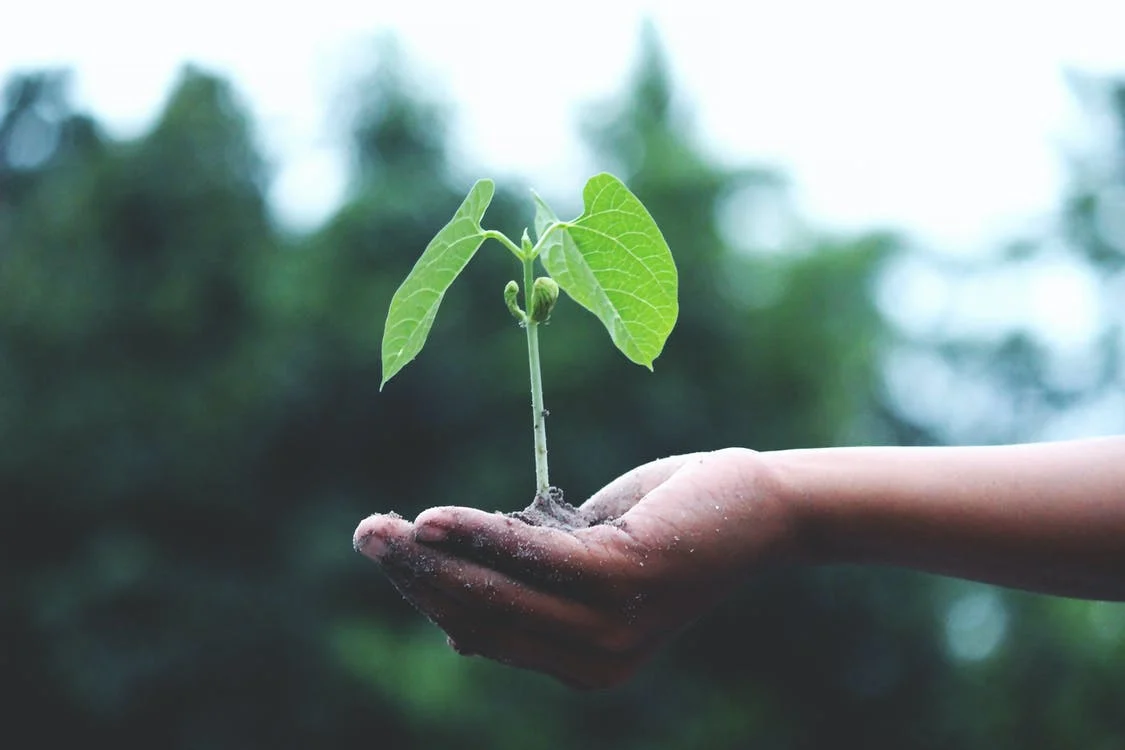
Warwick Sustainability Challenge: a Curriculum-Campus-Community approach to sustainable teaching & learning
Co-led by Lory Barile (Economics), Bo KelestynLink opens in a new window (WBS) and Nancy Olson (WMG Lead)
This project aims to launch a Warwick Sustainability Challenge (WSUsC) to co-create possible solutions to a particular environmental issue with students. Working in collaboration with Coventry City Council, the project will provide a whole-higher education approach to sustainability, linking the teaching and learning provision (Curriculum), to values and ways of working and studying on Campus, and the local Community.

